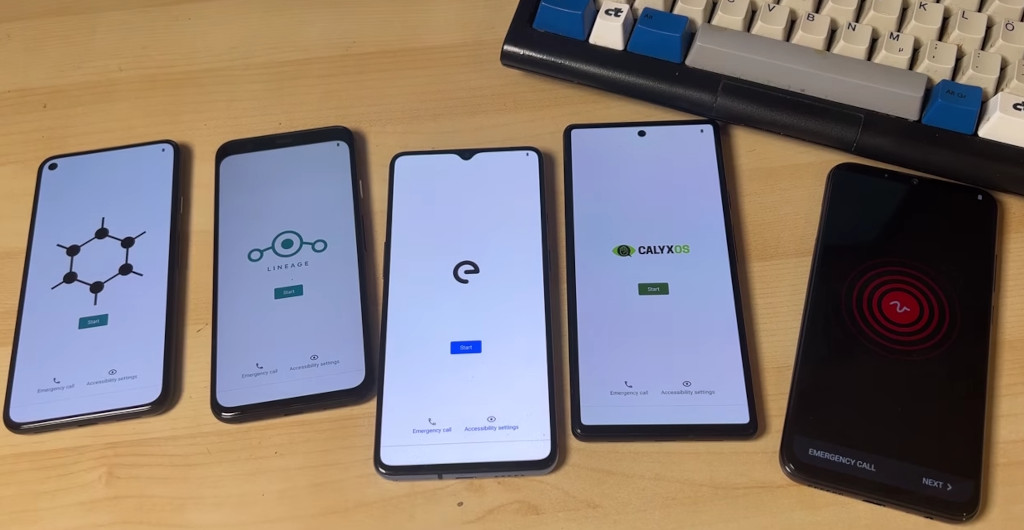want to see what’s going on in the Open Source part of Android OS?
alternative “free” hardware:
let’s face it, maybe a dream setup would be:
- either:
- de-googled phone WITH MICRO AUDIO JACK (or it can not be used to listen to music when those tiny batteries die and they will) + a “proper” camera X-D
- BUT it has to be said that unless the 10.000 bucks fujitsu camera (which is also bulky but yes… best currently possible picture quality) most are NOT waterproof X-D
-

https://www.youtube.com/watch?v=7-GqBOf2eec https://www.dpreview.com/news/6125283026/video-google-pixel-7-pro-vs-canon-r5-difference-between-smartphones-real-cameras

https://www.youtube.com/watch?v=7-GqBOf2eec https://www.dpreview.com/news/6125283026/video-google-pixel-7-pro-vs-canon-r5-difference-between-smartphones-real-cameras

https://www.youtube.com/watch?v=7-GqBOf2eec https://www.dpreview.com/news/6125283026/video-google-pixel-7-pro-vs-canon-r5-difference-between-smartphones-real-cameras heavy HDR and sharpening post processing
- so guess: a pixel 7 pro with GrapheneOS will be the next ideal setup (?)

https://www.pine64.org/pinephonepro/ Free as in Freedom not as in Beer, problem: pretty hefty price tag + also not water proof 🙁
https://pine64.com/product-category/smartphones/pinephone-pro/ can run MAINLINE GNU Linux kernel 😀
great! but the problem is: no good camera… minus: it’s not water resistant 🙁

no Water Resistance https://youtu.be/_WhDQ_o7_BM
while GrapheneOS
is probably privacy wise the best custom ROM, the problem is it (right now) only supports pixel phones.
what other alternatives are there?
- e-os:
- https://iode.tech/ iode os
- https://volla.online/
- not offered as download, only available for those that buy a volla phone with volla pre installed
- https://sailfishos.org/
- expensive download of 50 bucks
- supports mostly Sony Xperia
alternatives to google play store?
New CopperheadOS vs. GrapheneOS
“The main developer, Daniel Micay, originally worked on CopperheadOS, until a schism over software licensing between the co-founders of Copperhead Limited led to Micay’s dismissal from the company in 2018.[2] After the incident, Micay continued working on the Android Hardening project,[2][3] which was renamed as GrapheneOS[3] and announced in April 2019.[2]” (Wiki)
“The new CopperheadOS is a shadow of the historical GrapheneOS code. They’ve continued copying portions of our newer generation code but haven’t developed any significant privacy or security improvements on their own. It’s a poor imitation of the original. It has a fraction of the privacy and security improvements and lacks a team with an understanding of how they work. It often doesn’t receive timely security updates. It has made serious mistakes compromising user privacy and security.
CopperheadOS is a paid product and has license enforcement compromising user privacy and security through tracking devices to implement DRM. They use the outrageous business model of charging users for security updates rather than simply selling them the software or devices with it.”
https://grapheneos.org/history/copperheados#new-copperheados-vs-grapheneos
“CopperheadOS is a mobile operating system for smartphones, based on the Android mobile platform. It adds privacy and security features to the official releases of the Android Open Source Project by Google. CopperheadOS is developed by Copperhead, a Canadian information security company. It is licensed under Creative Commons BY-NC-SA 4.0, although its source code is not available for public download.
CopperheadOS supports smartphones in the Google Pixel product line; other devices are not targeted in order to preserve the resources of the development team. It has several security features not found in stock Android, such as a hardened version of the Linux kernel, and the ability to use separate passwords for unlocking the device and for encryption. Rather than use the Google Play Store found on most Android devices, CopperheadOS ships with the F-Droid store in order to reduce the risk of users installing malicious apps.
Development of CopperheadOS began in 2014, and the operating system had an initial alpha release in August 2015. This was followed by a beta release in February 2016, followed by several other releases targeting the Google Nexus and Pixel phones. The project was initially released under the GNU General Public License, with the project’s source code publicly available on GitHub. In October 2016 the license was changed to Creative Commons Attribution-NonCommercial-ShareAlike (BY-NC-SA), and as of June 2020 access to the source code was restricted to members of Copperhead’s partner network.
From October 2016, for versions of CopperheadOS based on Android 7.0 Nougat, Copperhead changed the CopperheadOS license to the Creative Commons Attribution-NonCommercial-ShareAlike (BY-NC-SA) license.[5][12] According to Donaldson, this was to prevent other companies from using the CopperheadOS code without paying Copperhead for licensing, in order to keep the project sustainable.[5]”
https://en.wikipedia.org/wiki/CopperheadOS
- Hardened C standard library, compiler toolchain and memory allocator
- Catches memory corruption, integer and heap overflow.
- Hardened kernel
- Kernel self-protection, LTS kernels and high quality ASLR.
- Stronger sandboxing and isolation for apps & services
- Stricter SELinux policies, seccomp-bpf and more
- Privacy enabled by default
- Strong privacy controls, no tracking services, Signal dialer integration, auto-off for WiFi/Bluetooth and more.
- Backported security features and quicker patching
- Benefiting from upstream changes long before stock.
- Firewall & network hardening
- App isolation firewall and full MAC randomization.
- Source-available and free of proprietary services
- Uses alternatives to Google apps/services like F-Droid.
sounds good, but sad it’s not GPL.
alternatives?
- a lot of support for a lot of (also older) models
- problem: there might be binary blobs missing like modem.bin
Links:
https://www.kuketz-blog.de/android-grapheneos-calyxos-und-co-unter-der-lupe-custom-roms-teil1/
https://dwaves.de/2023/10/30/software-minimalism-cleaning-up-android-how-to-delete-pre-installed-possibly-unwanted-apps-security-warning-problem-sim-card-not-working/
liked this article?
- only together we can create a truly free world
- plz support dwaves to keep it up & running!
- (yes the info on the internet is (mostly) free but beer is still not free (still have to work on that))
- really really hate advertisement
- contribute: whenever a solution was found, blog about it for others to find!
- talk about, recommend & link to this blog and articles
- thanks to all who contribute!



